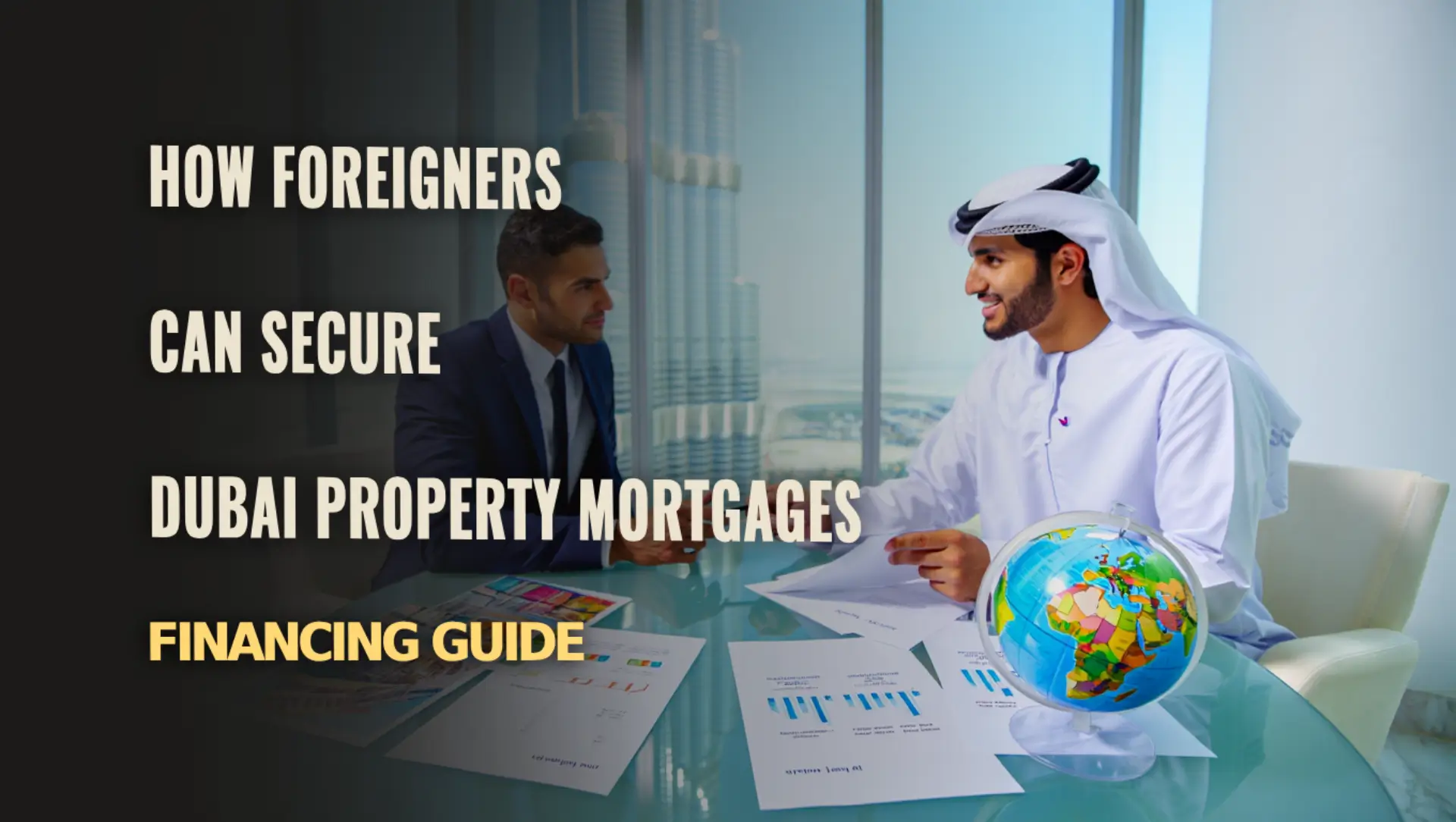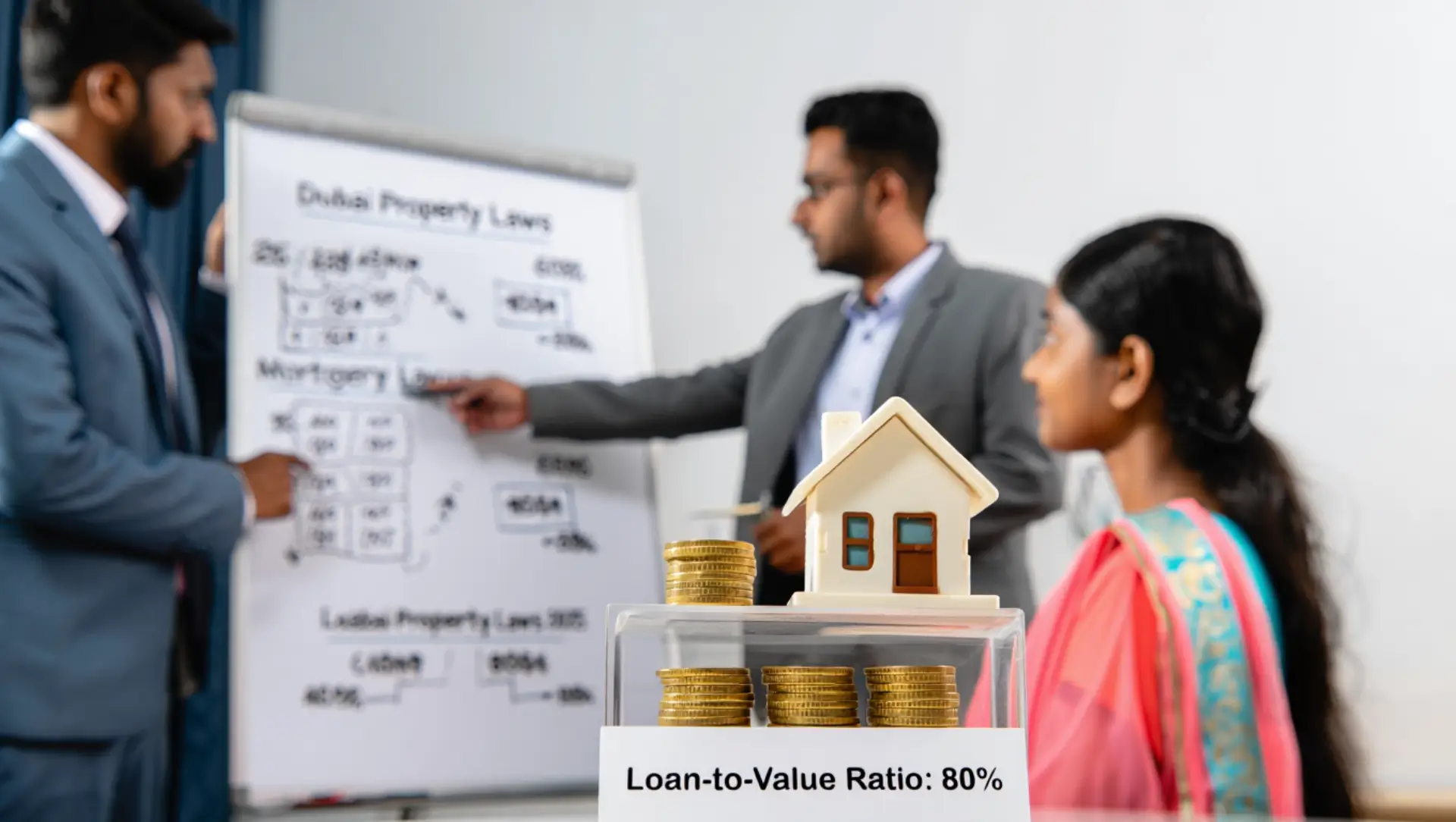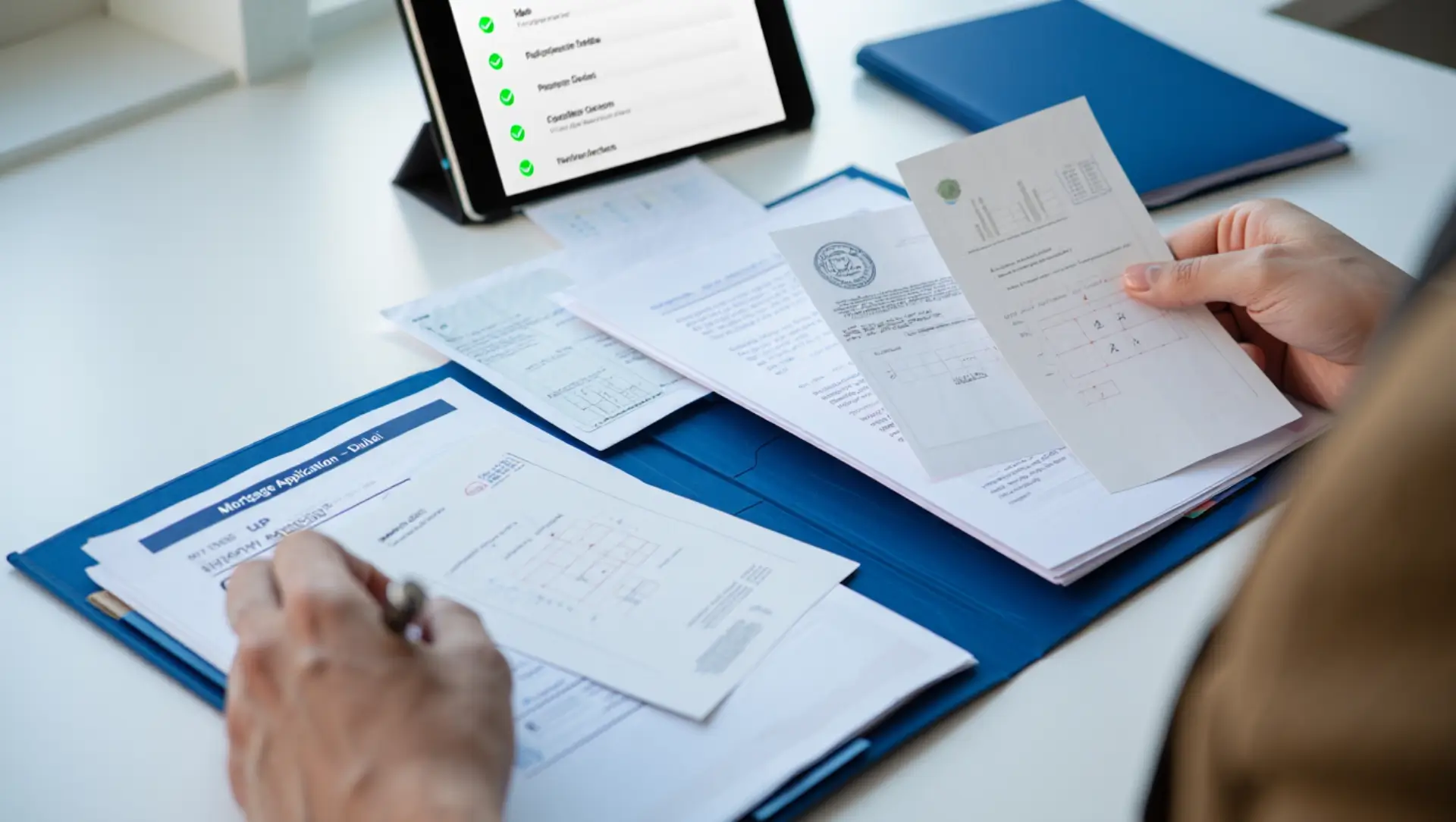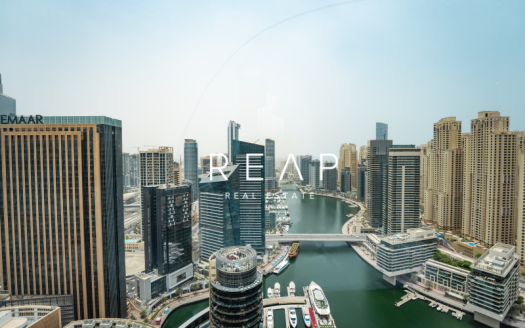How Foreigners Can Secure Dubai Property Mortgages: The Complete 2025 Financing Guide
Last Updated on September 1, 2025

Picture this scenario: you’ve found your dream apartment in Dubai Marina, the price is right, and you’re ready to make the move. Then reality hits – navigating Dubai’s mortgage landscape as a foreign buyer feels like decoding an ancient manuscript. The confusion around down payment requirements, eligible banks, and documentation processes creates a barrier that, frankly, shouldn’t exist in 2025. Many international investors abandon their Dubai property dreams simply because they can’t figure out how foreigners can access mortgage financing. The good news? Getting approved for property financing in Dubai as a non-resident is not only possible but increasingly streamlined. Whether you’re looking to buy property in Dubai as an investment or future residence, understanding the mortgage ecosystem will transform your property acquisition from overwhelming to achievable.
Understanding Foreign Buyer Mortgage Eligibility in Dubai
The mortgage market in Dubai has evolved dramatically since the 2002 legal changes that opened property ownership to international buyers. What many don’t realize is that UAE banks actively compete for foreign mortgage business, making the market more accessible than ever before. However, the eligibility criteria create distinct pathways depending on your residency status and nationality.
Non-resident buyers face different parameters compared to UAE residents, but these differences aren’t necessarily disadvantageous. Banks like HSBC UAE and Emirates NBD have developed specialized programs specifically targeting international property investors. The key eligibility factor revolves around demonstrating financial stability rather than UAE residency status. Income requirements typically start at AED 15,000 monthly (approximately $4,080), though this threshold varies significantly between institutions.
Your nationality plays a crucial role in mortgage approval odds. Citizens from GCC countries enjoy preferential treatment, while nationals from the United States, United Kingdom, Canada, and major European nations generally face standard international buyer criteria. According to UAE Central Bank regulations updated in 2024, banks must verify income sources through official channels, which means your home country’s banking system becomes part of the approval process.
The employment status creates another layer of complexity. Salaried employees typically navigate approval processes more smoothly than self-employed individuals, who must provide additional documentation including company ownership papers and extended financial statements. What’s particularly important to understand is that banks evaluate your global financial profile, not just UAE-based assets or income.
Down Payment Requirements and Loan-to-Value Ratios

The down payment structure for foreign buyers in Dubai follows a tiered system that many find surprisingly reasonable compared to other international markets. For properties valued up to AED 5 million (approximately $1.36 million), foreign nationals must contribute at least 20% as a down payment. Properties exceeding this threshold require 30% minimum down payments, though individual banks may impose stricter requirements.
This tiered approach means that a AED 2 million property requires a minimum AED 400,000 down payment, while a AED 6 million property demands at least AED 1.8 million upfront. However, these are baseline requirements – many banks actually finance only 50-60% of property values for non-resident buyers, effectively requiring 40-50% down payments. The variation depends heavily on the specific bank’s risk assessment and your financial profile.
Loan-to-value ratios tell the complete story. UAE nationals can access up to 80% financing for first properties, while foreign residents typically max out at 75%. Non-residents often find themselves limited to 50-60% financing, though premier banking relationships can unlock higher ratios. ADCB, for instance, offers up to 70% financing for qualified international buyers through their premium banking services.
The down payment calculation extends beyond the property purchase price. Buyers must factor in Dubai Land Department registration fees (4% of property value), mortgage arrangement fees (typically 1% of loan amount), and various administrative costs. A conservative estimate suggests budgeting an additional 6-8% of property value for transaction-related expenses. This means that AED 2 million property acquisition realistically requires AED 520,000-560,000 in available funds.
Banking Partners and Interest Rate Landscape
The Dubai mortgage market features a competitive landscape where international banks often provide more favorable terms for foreign buyers than local institutions. HSBC UAE stands out for non-resident mortgages, offering streamlined approval processes for clients who maintain banking relationships in their home countries. Their global banking network facilitates documentation verification and income confirmation across multiple jurisdictions.
Emirates NBD has developed robust foreign buyer programs, particularly for property investments in premium developments. Their mortgage products feature both fixed and variable rate options, with current rates ranging from 3.8% to 6.2% annually depending on loan terms and buyer profiles. Mashreq Bank focuses heavily on expatriate and foreign investor mortgages, often providing faster approval timelines for qualified applicants.
What’s particularly interesting about Dubai’s mortgage market is the competition between Islamic and conventional banking products. Islamic mortgages (Sharia-compliant financing) often provide competitive alternatives to traditional mortgage products, especially for buyers seeking longer repayment terms. These products structure payments as profit-sharing arrangements rather than interest-based loans, which can result in different total cost calculations.
The interest rate environment has shifted considerably in 2024-2025. Fixed-rate mortgages typically range from 4.5% to 7.5% annually, while variable rates start around 3.5% but carry adjustment risks. According to UAE Central Bank data from late 2024, the average mortgage rate for foreign buyers was 5.8%, compared to 4.9% for UAE nationals. However, negotiation often reduces these rates, particularly for larger loan amounts or premier banking clients.
Documentation and Application Process Breakdown

The documentation requirements for foreign buyer mortgages create the most significant bottleneck in the approval process. Banks require extensive financial verification that often spans multiple countries and institutions. The core documentation package includes passport copies, visa status (if applicable), salary certificates from current employers, and comprehensive bank statements covering 12-24 months.
Self-employed applicants face more complex requirements. Business registration documents, audited financial statements, profit and loss statements, and often personal guarantees become necessary. Many banks require business operations to show consistent profitability for minimum two-year periods. Professional valuations of business assets sometimes supplement income documentation, particularly for service-based enterprises.
The property-specific documentation adds another layer. Banks require developer NOCs (No Objection Certificates), property valuations conducted by approved assessment companies, and comprehensive title verifications. Off-plan properties need additional developer financial stability confirmations and construction milestone documentation. Ready properties require building condition reports and community fee clearance certificates.
Processing timelines vary dramatically between banks and buyer profiles. Employed applicants with straightforward documentation typically receive pre-approvals within 3-5 business days, while final approvals take 2-3 weeks. Self-employed buyers should expect 10-15 business days for initial approvals and 4-6 weeks for final mortgage confirmation. According to Emirates NBD’s 2024 internal processing data, 78% of foreign buyer applications receive approval when complete documentation is submitted initially.
Strategic Financial Planning for Dubai Property Investment
Beyond the basic mortgage requirements, successful Dubai property acquisition requires comprehensive financial planning that accounts for ongoing costs and investment optimization. Service charges for Dubai properties typically range from AED 8-25 per square foot annually, depending on building amenities and location. A 1,000 square foot apartment might generate AED 15,000 in annual service charges, while luxury developments in Palm Jumeirah can exceed AED 30 per square foot.
The Golden Visa opportunity creates additional strategic considerations for property buyers. Properties valued at AED 2 million or higher qualify owners for 10-year renewable residency visas, though the property must be fully paid (not mortgaged) to meet program requirements. This creates an interesting financial decision: taking a smaller mortgage to maintain Golden Visa eligibility versus maximizing leverage for investment returns.
Rental yield calculations become crucial for investment-focused buyers. Dubai Marina properties typically generate 6-8% annual rental yields, while Downtown Dubai averages 5-7%. Business Bay, increasingly popular among foreign investors, shows strong rental demand with yields reaching 7-9% for well-located properties. These yields often exceed mortgage interest rates, creating positive cash flow opportunities for leveraged investments.
Currency hedging strategies deserve consideration for foreign buyers earning income in other currencies. AED is pegged to USD, providing stability for American buyers but creating exposure for Euro or GBP earners. Some banks offer multi-currency mortgage products that allow payments in borrower’s home currency, though these typically carry premium pricing. Smart investors often structure currency exposure to match their income streams and long-term residency plans.
The mortgage market in Dubai continues evolving, with new bank entrants and product innovations appearing regularly. For foreign buyers serious about Dubai property investment, establishing relationships with multiple banks and maintaining updated documentation creates optimal positioning for future opportunities. Whether you’re purchasing your first Dubai property or expanding an existing portfolio, understanding these financing mechanics transforms property acquisition from daunting challenge to strategic opportunity.





